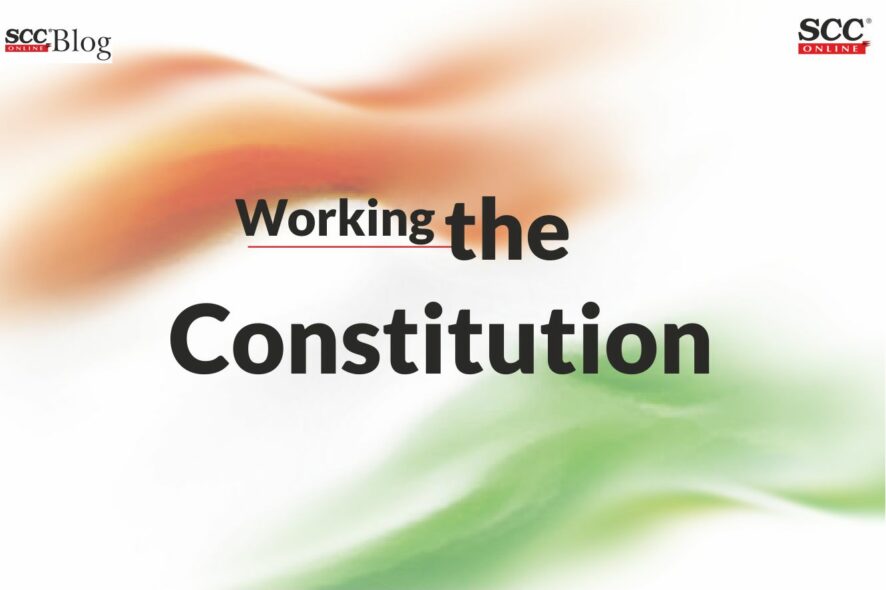The Constitution
The Constituent Assembly consisted of the tallest leaders of the time and stalwarts from different professions and sections of society, the like of which we are yet to see again. The Assembly drafted our Constitution with utmost care. Constitutions cannot work by themselves. They have to be worked.
How did we work our Constitution during the last six decades? Have we achieved the objectives set out in the inspiring Preamble, namely, Justice — social, economic and political; Liberty of thought, expression and belief; Equality of status and of opportunity and promotion of Fraternity among all citizens, assuring the dignity of the individual and the unity and integrity of the nation? Have our Parliament and State Legislatures enacted laws applying the directive principles of State policy set out in Part IV of the Constitution, which are declared fundamental in the governance of the country? Have we imparted free and compulsory education to every child below the age of 14 years, if not within 10 years stipulated by the framers, at least by now after 60 years? Have we secured the right to adequate means of livelihood to men and women, taken care of their food, shelter and health? Have we provided work to every adult? Have we protected women and children from exploitation? Have we promoted with special care the educational and economic interests of the Scheduled Castes, Scheduled Tribes and other weaker sections of the people? Have we promoted fraternity among all citizens? Have we improved the conditions and quality of life of the have-nots? Have we been able to maintain law and order and ensure peace and security? Has the judiciary been able to dispense speedy justice? In short, have the three organs of the State, the Legislature, the Executive and the Judiciary redeemed in a substantial measure the solemn promises made during the freedom struggle and incorporated in the Constitution? We have made some progress, but not enough. As a result, the institutions of governance have been losing their credibility.
Read more at (2011) 1 SCC J-6
†Senior Advocate, Supreme Court of India.
**This lecture was delivered during the Lala Amar Chand Sood Inaugural Memorial Lecture organised by the Bar Association of India at Shimla on 11-9-2010. It was first published in Supreme Court Cases Journal. An excerpt from the lecture has been reproduced with the kind permission of Eastern Book Company.






